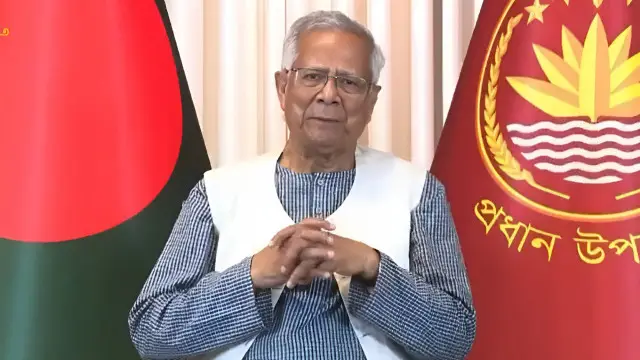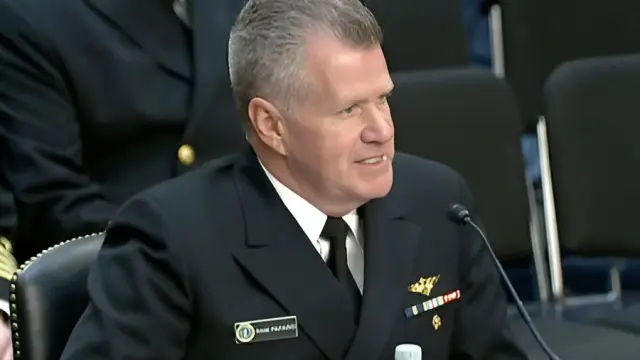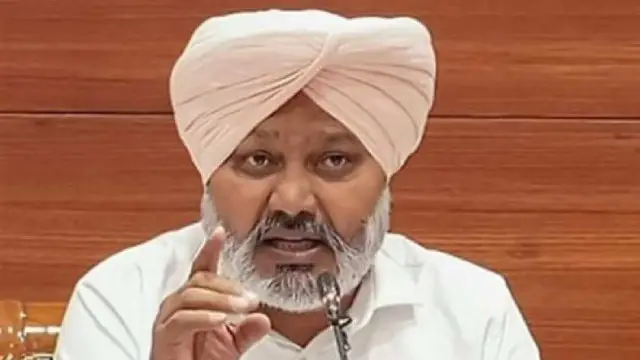Big Win for Harvard: US Court Pauses Trump’s International Student Ban
In a significant setback for the Trump administration, a US federal judge issued a temporary restraining order on May 23, 2025, blocking the government’s attempt to revoke Harvard University’s ability to enroll international students.

International News: A US federal court delivered a major victory for Harvard University by issuing a temporary restraining order against the Trump administration’s attempt to bar the institution from enrolling international students.
Judge Allison Burroughs, presiding in the US District Court for the District of Massachusetts, extended the order on May 29, following Harvard’s lawsuit against the Department of Homeland Security’s (DHS) decision to revoke its Student and Exchange Visitor Program (SEVP) certification. This policy, announced in April 2025, threatened to disrupt the education of over 6,800 foreign students—roughly 27% of Harvard’s student body—by blocking their F-1 visas. The court’s intervention ensures these students can continue their studies for now, highlighting tensions between the administration’s immigration agenda and the academic community’s push for open access to education. This landmark ruling has sparked widespread discussion about the future of international students in the US.
Harvard’s Legal Triumph
The Trump administration’s move to revoke Harvard’s SEVP certification was framed as a measure to address national security and visa compliance issues, but critics labeled it a targeted attack on elite institutions with progressive leanings. Harvard, supported by MIT and other universities, filed a lawsuit arguing that the DHS policy was arbitrary, lacked transparent justification, and violated administrative law. Judge Burroughs’ ruling found that the ban would cause “irreparable harm” to students facing deportation or forced transfers, particularly those from countries like India, China, and Canada, who form a significant portion of Harvard’s international cohort. The court criticized the DHS for failing to provide evidence linking Harvard’s program to security risks.
Big Win for Harvard
The temporary restraining order has provided immediate relief, allowing students to pursue their academic programs without the threat of visa cancellations. Harvard’s legal team emphasized the economic contributions of international students, who pay full tuition and bolster local economies. The case echoes a 2020 victory when Harvard and MIT overturned a Trump-era policy targeting online-only international students. The current ruling, while temporary, has galvanized the academic community, with over 60 universities filing amicus briefs in support. However, the administration’s intent to appeal keeps the issue unresolved, with potential implications for thousands of students and Harvard’s global reputation.
Wider Impact and Public Response
The court’s decision resonates far beyond Harvard, reinforcing the US’s position as a hub for global education. International students contribute over $40 billion annually to the US economy, with Harvard’s cohort alone generating significant revenue through tuition and living expenses. The ruling has been celebrated by educational advocates, who argue it protects academic diversity and innovation. Indian students, comprising 12% of Harvard’s international enrollment, have expressed relief, though many remain anxious about future policy shifts. On platforms like X, reactions are polarized, with some praising the court for upholding fairness and others accusing it of undermining immigration enforcement.















